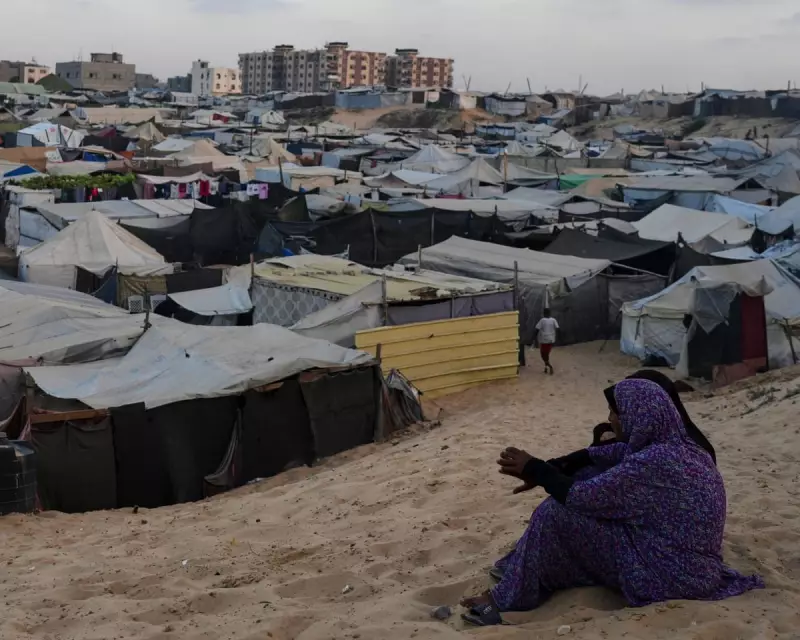
In the battered streets of Gaza, a complex mixture of hope and hardened scepticism greets the latest American-led peace initiative. As details of former President Donald Trump's proposed roadmap for the region begin to surface, residents who have endured multiple conflicts are approaching the news with what one local described as "cautious exhaustion."
A Population Trapped Between War and Diplomacy
"I feel like we are in a trap," admits Ahmed Khalil, a 42-year-old father of four whose home has been damaged twice in recent hostilities. "Every time there is talk of peace, we hope this might be different. But we have been disappointed so many times before."
This sentiment echoes throughout Gaza's densely populated neighbourhoods, where the daily struggle for basic necessities like clean water, electricity, and medical supplies has created a population wary of political promises.
The Trump Plan: Devil in the Details
While specific elements of the proposed agreement remain closely guarded, early indications suggest a comprehensive approach that addresses both security concerns and economic development. However, it's precisely the lack of transparency that has many Gazans nervous.
Key concerns among residents include:
- The status of Palestinian sovereignty and border control
- Guarantees for the right of return for refugees
- Economic provisions that would actually reach ordinary citizens
- Mechanisms for ensuring long-term security for both sides
Humanitarian Crisis Overshadows Political Progress
For many in Gaza, the immediate humanitarian situation takes precedence over political manoeuvring. With unemployment hovering near 50% and reconstruction from previous conflicts still incomplete, there's a palpable sense that any workable peace plan must address these pressing daily needs.
"We cannot talk about peace while our children go to bed hungry and our hospitals lack basic medicines," says Mariam Al-Haddad, a schoolteacher in Gaza City. "Any agreement that doesn't immediately improve living conditions will fail, no matter how good it looks on paper."
A Fragile Window of Opportunity
Despite the overwhelming scepticism, there remains a glimmer of hope that this initiative might break the cycle of violence that has defined the region for generations. The alternative—continued conflict and suffering—is simply too bleak to contemplate.
As one elderly shopkeeper put it: "We are tired of war. We are tired of mourning our children. If there is any chance for real peace, even a small one, we must consider it seriously."
The coming weeks will prove crucial as more details emerge and both Palestinian and Israeli leadership positions become clearer. For now, Gaza holds its breath, hoping for peace but preparing for yet another disappointment.






